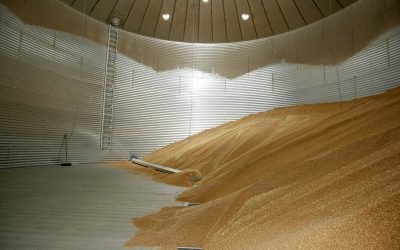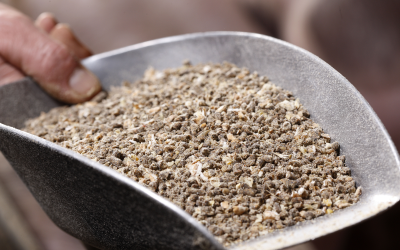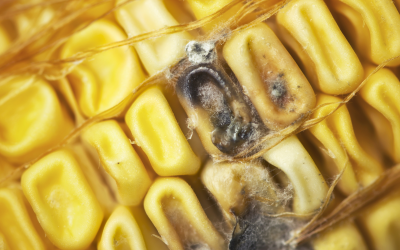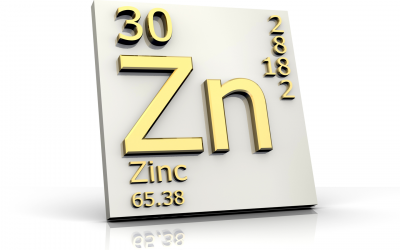AWB knew it was paying Saddam
Australian wheat exporter AWB has admitted that it knew the fees it was paying to a Jordanian transport company were being passed on to Saddam Hussein’s regime.
But the grain exporter will defend a $100 million shareholder class action by saying Australian and United Nations officials knew of the payments – and they did not breach the UN Oil-for-Food Program.
When the class action began in the Federal Court on Wednesday, the barrister for the shareholders, John Sheahan, said he had read ”with some surprise” the admission in AWB’s outline of submissions filed on Monday.
Sheahan read out earlier statements by AWB to the stock exchange, including one from October 2005 saying that ”AWB has consistently maintained its position that it did not know, and could not know, what Alia [the Jordanian company] did with the money AWB paid to it by way of transport fees”.
In the outline of submissions filed this week, AWB’s barrister, Charles Scerri, said: ”AWB admits, in respect of the contracts pleaded in the statement of claim, that it paid the fees to Alia [and] that it knew the fees were to be remitted by Alia to the Iraqi State Company for Water Transport.”
Scerri is not expected to begin his opening address until Monday, but his outline said that in addition to showing that the UN and the Department of Foreign Affairs knew about the payments, his client would show that it met its obligations under the stock exchange’s continuous disclosure regime and did not mislead the sharemarket.
Sheahan said the outline ”would seem to involve an admission that AWB’s traditional position was always false”.
More on this story can be read inThe Australian.











